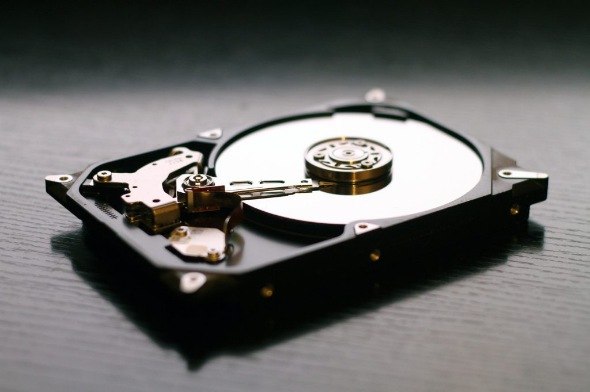Connection to DriversCloud Create a DriversCloud.com account Reset your DriversCloud.com password Account migration
Which hard disk do you need for a good gaming PC?
Various components of your PC can affect your gaming experience on your PC. This can range from your RAM to software and hard disks. Today, we want to focus on the impact of your hard disks or their roles in your gaming performance. So, whether you're putting together a gaming PC or upgrading your current one, you need to look at your hard drives. Three types of hard drive are commonly used: traditional hard drives, solid-state drives and hybrid hard drives.
Impact of hard disk space
Although the fluidity of your game depends mainly on RAM and the GPU (graphics card), limited space on your hard disk will create problems for you. Even with ordinary computer functions, a hard disk with limited space makes processing tense. Disk space will not affect the speed at which you access the Internet, but it may affect the download rate or the waiting time to load your video game.
Most games require Internet access, so a hard disk with limited space could create a download bottleneck during gameplay. So we can agree that the space on your hard disk doesn't affect the game's graphics and FPS; it impacts the experience. Low space can lead to longer loading times, jerks in the game and sometimes even game crashes. If you're playing live roulette and other live betting games, for example, the screen could freeze in mid-game.
Which one to choose
So, a good hard drive is essential in a good gaming PC; how do you choose the right one with the space you need? There are several factors to consider when selecting a hard drive for your gaming PC:
● Performance
● Speed
● Capacity
● Durability
● Temperature
Performance and capacity
You need a drive with fast spinning speed (for mechanical hard drives) and high transfer speeds as a gamer (prefer SSDs). When it comes to capacity, don't go for the highest; 4TB to 6TB is a reasonable middle ground to meet your gaming needs. Low-capacity disks tend to fail more over long-term use.
Speed
Speed is an essential factor when gaming; this includes loading time and transfer speeds. A good hard disk should run at 7200 rpm to avoid problems with processor-intensive games (mechanical disk), but the top choice is of course the SSD. RPM isn't the only thing to look at; you need to look at buffer size; a higher buffer size means the disk can handle more data simultaneously.
Durability
Consider how often you'll be using the drive, and consider portability if you need to travel with your drive.
Temperature
Helium-filled disks generate less heat and consume less energy than conventional disks; they are more expensive than conventional disks. It's worth paying the extra cost, especially if you play long tournaments.
HDD vs SSD
● SSDs have no moving parts, so they're smaller than HDDs and tend to come in the 2.5-inch format, while most HDDs come in the 3.5-inch format.
● SSDs are more expensive per gigabyte.
● SSDs have faster read/write speeds.
● HDDs have better capacity when used as a secondary drive.
● SSDs use NAND flash memory to read and write, so there's less chance you'll lose your games and backups.
● An HDD takes longer to load high-end graphics, so it's better to opt for an SSD.
● If you play on the move, choose an SSD; they're more durable and take up less space.
● HDDs are more affordable.
● SSDs are quieter and more energy-efficient.
While SSDs are more expensive than HDDs, it ultimately depends on your needs and budget. You could also opt for a hybrid solution with a primary SSD and a secondary, external HDD.
Popular hard disk drive brands
- Toshiba MQ series
- Western Digital
- Seagate
Now that you know, deciding which hard drive to buy will be easier. Always check the warranty and keep the proof of warranty safe; you never know when you'll need it.






